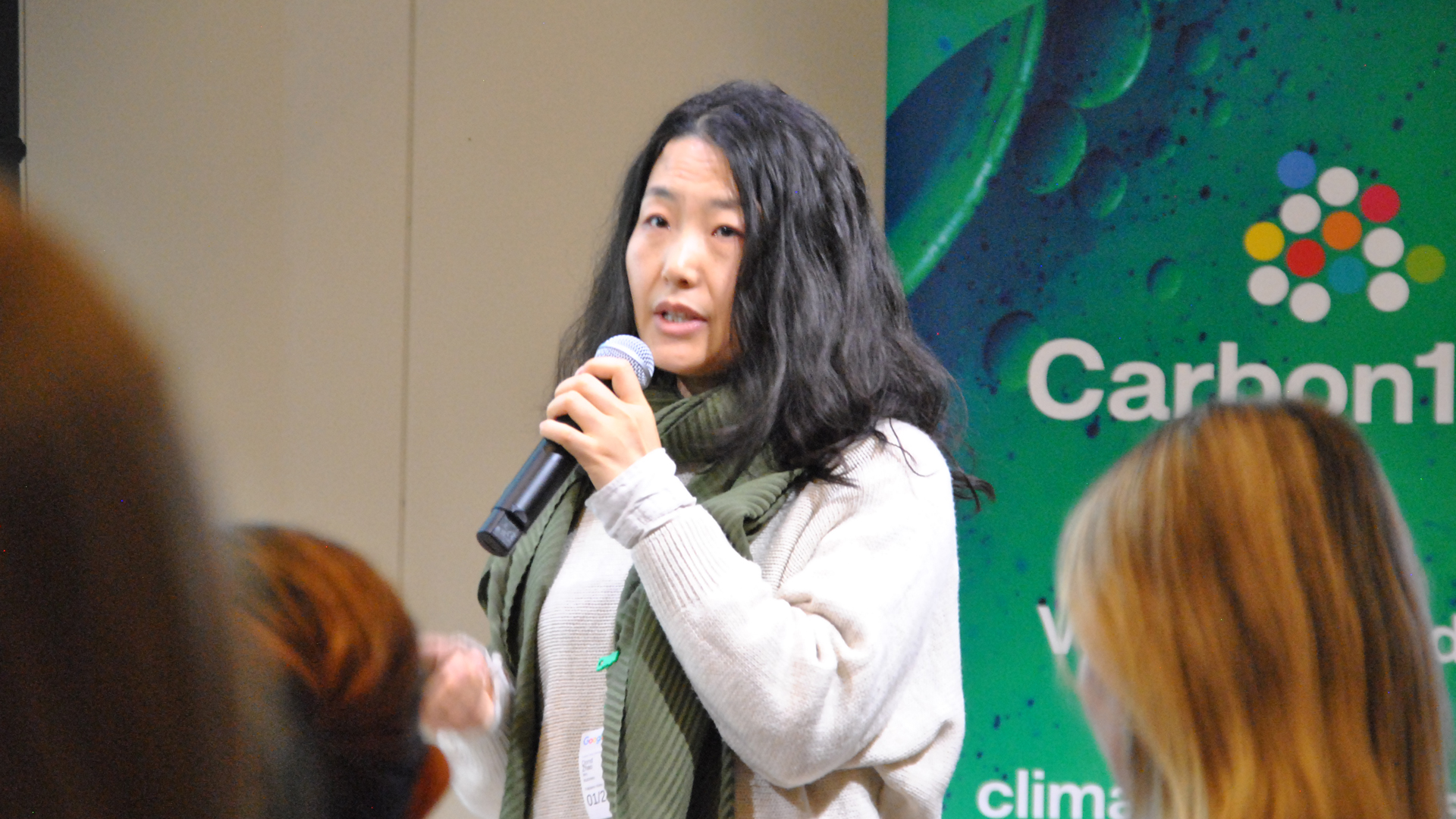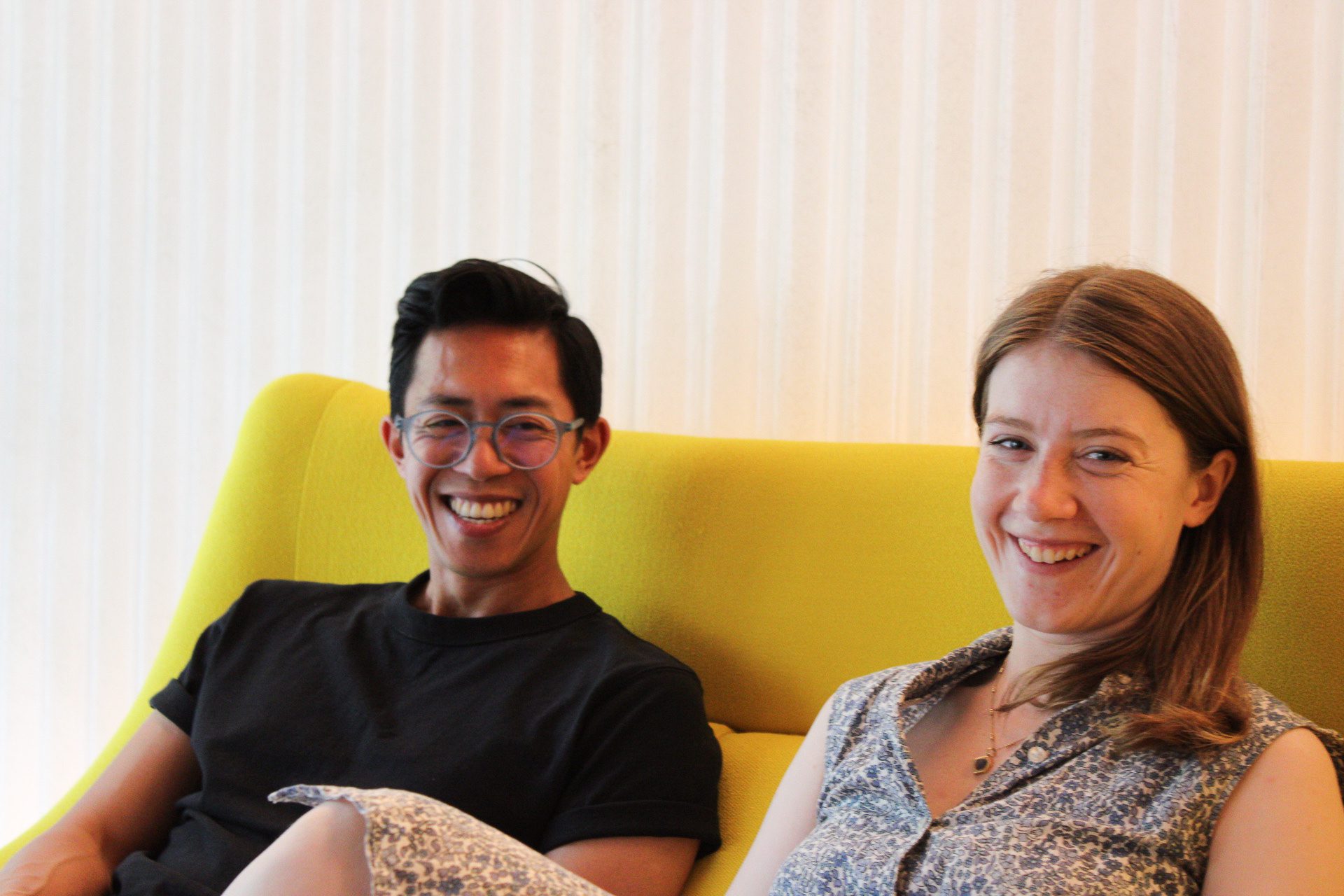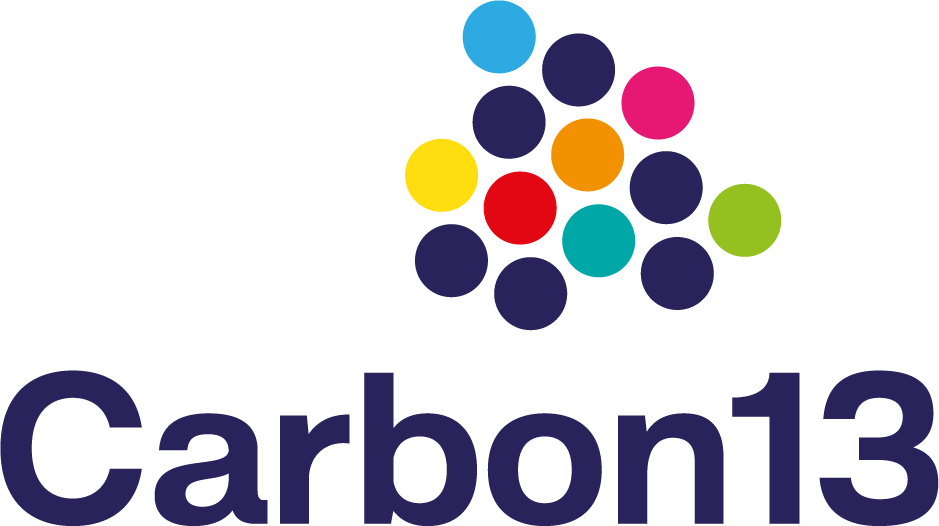Just getting started: Finding the right co-founder
This blog is an excerpt from Carbon13’s Just Getting Started – lessons from 30 female founders in climatetech. To read the full report, click here.
Before you’ve decided on your idea or your business model or your company name, our recommended first step is finding a co-founder or two and forming a team. Here’s why: Reason 1. You will have a teammate. Reason number 2 is that the cofounding team is one of the strongest attractors for investors. According to a survey of 437 European investors, 42% of Venture Capital firms state that a startup’s management team is the most deciding factor when it comes to investing. At Carbon13, we also only invest in teams: 29 out of 30 founders we surveyed found their co-founders on the Venture Builder programme.
Dong Zhao, Co-Founder of fungtional.bio

%
of Venture Capital firms state that a startup’s management team is the most deciding factor when it comes to investing.
%
of startup fail because of founders breaking up.
But a note of caution, while the strength of the cofounding team can make a startup investable, it’s also a potential fault line. Founders breaking up is the cause of 65% of startup failures. Choosing who to work with on a startup, who you may spend up to a decade working closely with, who has direct influence on your financial success, is the biggest professional decision and commitment you’ll need to make on this journey.
Step one to becoming a founder is that you actually focus on becoming a co-founder.
So, what makes a “highly investable team”, and how do you avoid partnering with the wrong person? Here’s what our female founders told us:
When co-founding with men

Almost all of our female founders surveyed here actually have male co-founders and at Carbon13 we see so many men eager to work with female co-founders and champion their work. Here’s how some of our founders spoke about the men they’ve chosen to work with:
Something I noticed was that my co-founder never interrupted me, while a lot of others (especially men) did, and it was one of the deciding factors for working with him.
“He asked very insightful questions and was very analytical which was complimentary to my fast-paced, intuitive thinking.”
“If you’re young and female, aligning yourself with experts is something to consider. David and Mike have decades of experience in construction and academia. They recognise their limitations too, we counterbalance each other.“
%
of our respondents had at least one male co-founder.
What is "Just getting started"?
“Just getting started” is about taking the good, the bad and the ugly experiences of our female founders, wrapping them up into an advice burrito, and inspiring you to follow in their footsteps to dedicate your career to fighting the climate emergency. There’s plenty of actionable advice, looking at how they did it, how they found a co-founder, how they left their job to start a venture, but there’ll also be the why. Why have these smart, determined, mission-driven women dedicated their careers to building a company to fight the climate emergency?
And our why? Since 2021, 38 out of 64 of our invested startups have female founders. But, we have so much more to do: the highest percentage of women on a Venture Builder cohort has never been higher than 36%. We are working towards 50%. That’s just not a vanity metric, it’s what’s required by the climate emergency which is disproportionately affecting women and deepening inequality.
We believe that entrepreneurs will change the trajectory of the climate emergency but just 2% of funding from Venture Capital goes towards female-led startups – despite proof time and time again that teams with at least one female founder outperform all-male teams on average. The fight to reach Net Zero is missing out on some of the most desperately needed solutions because this industry is excluding the women who will build them. This is why we’re working to inspire, support, train and fund female founders.
We have surveyed 30 female founders across our programmes, ranging from funded founders of startups valued in the millions of pounds, to the new members of our latest cohorts who are just beginning their journey. You will also find the stories of three female founders highlighted in particular, Natalia Dorfman, Chloe Donovan, and Joyeeta Das. These are their stories, their perspectives, their lessons. We hope they inspire you so that one day you too can be what you see here.
